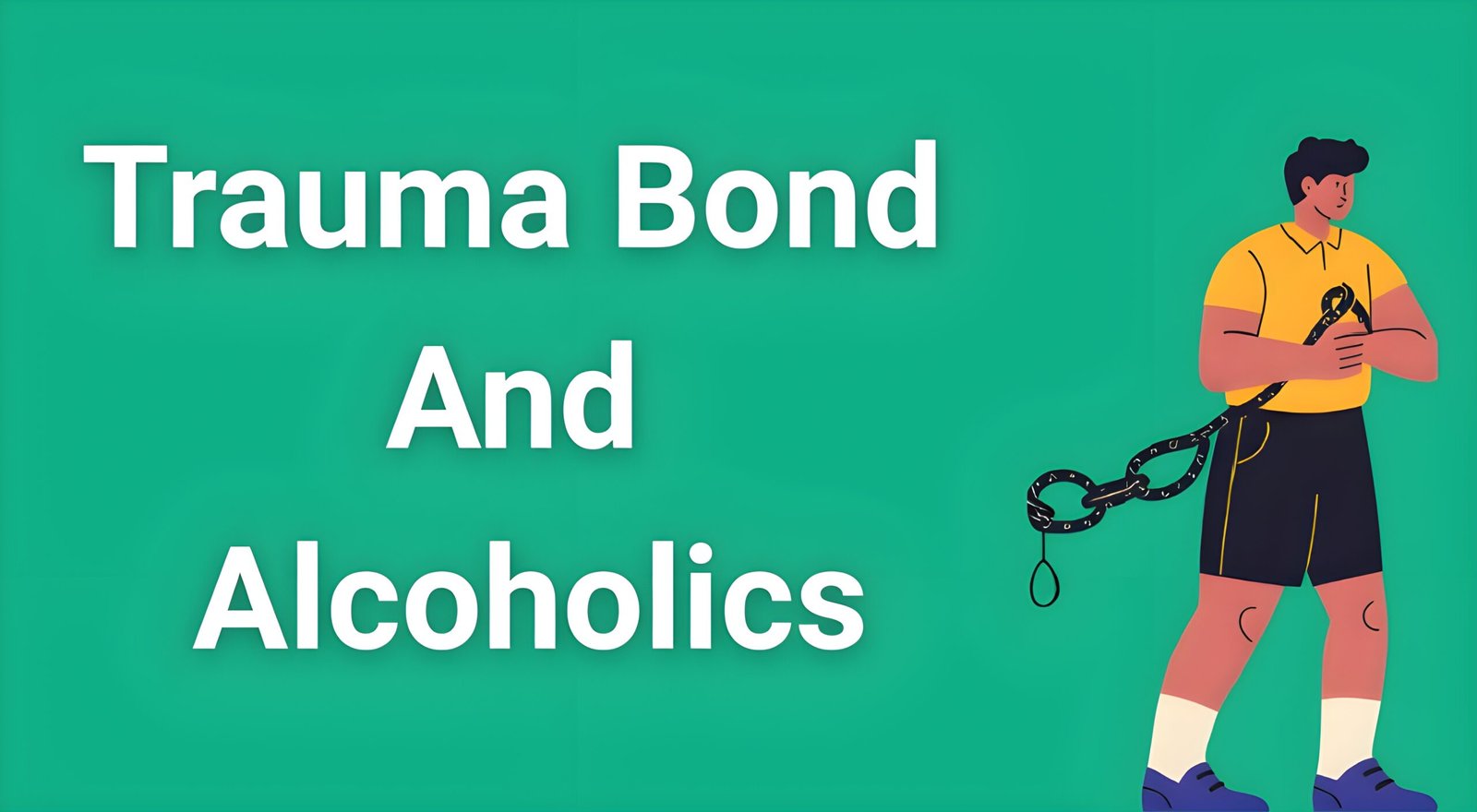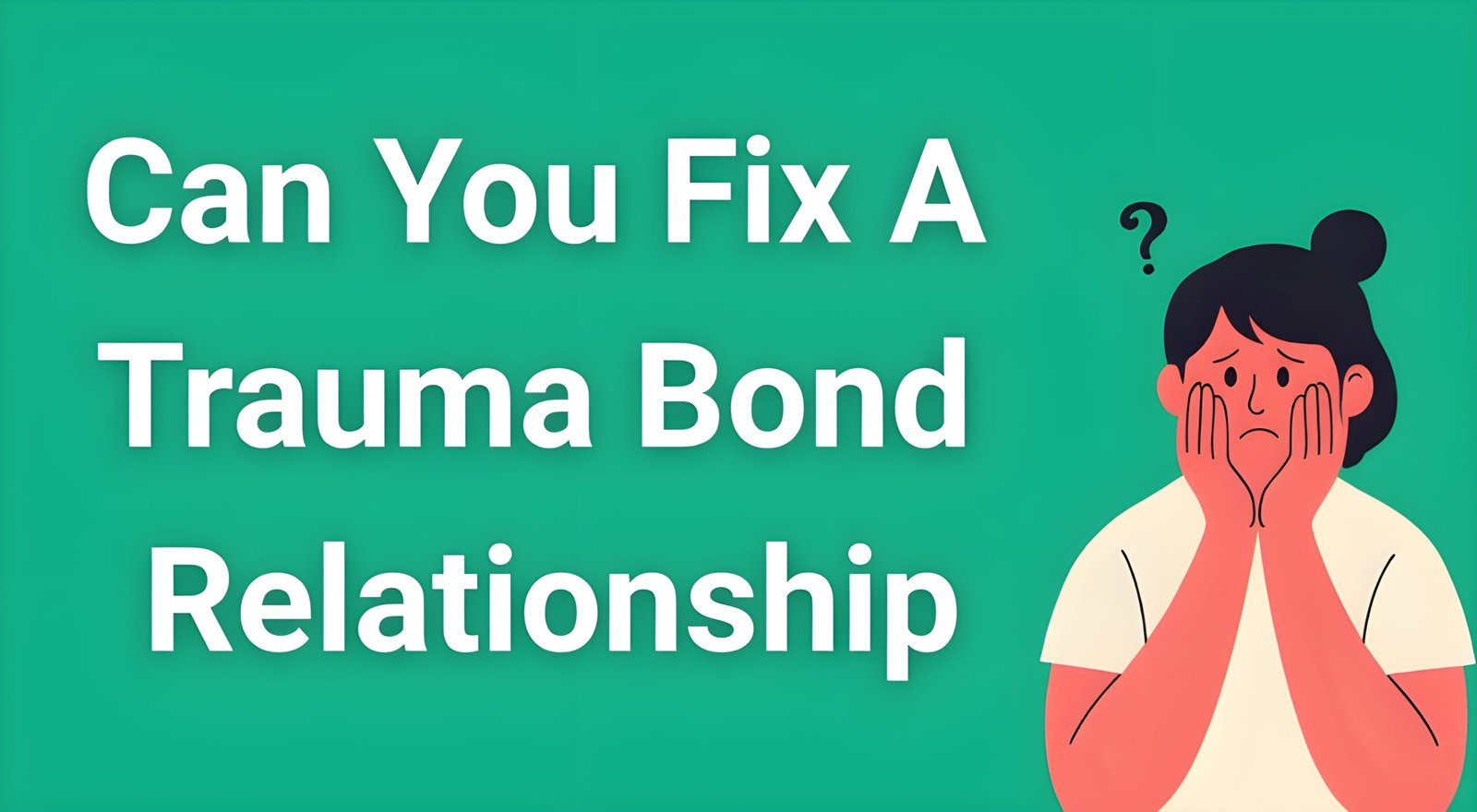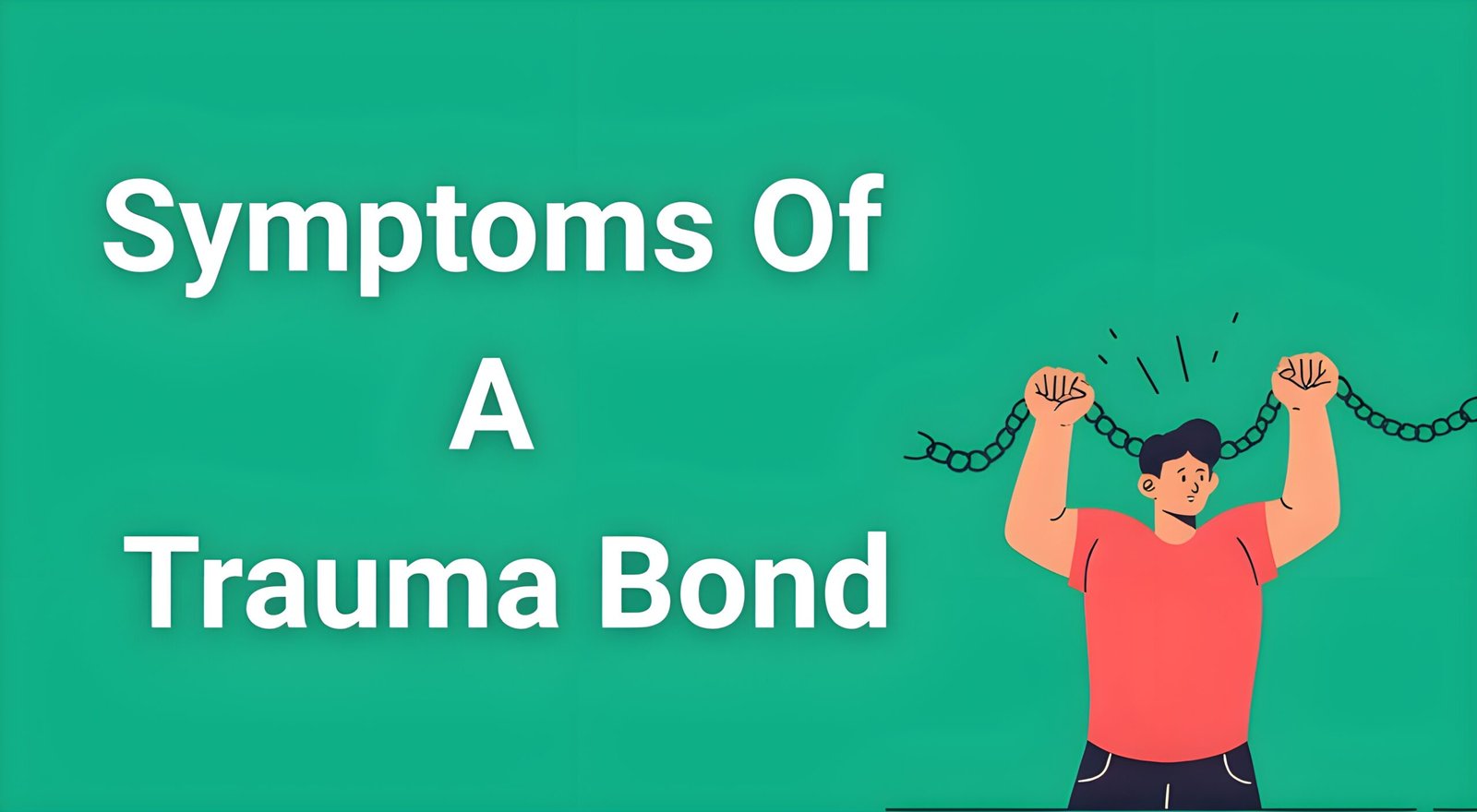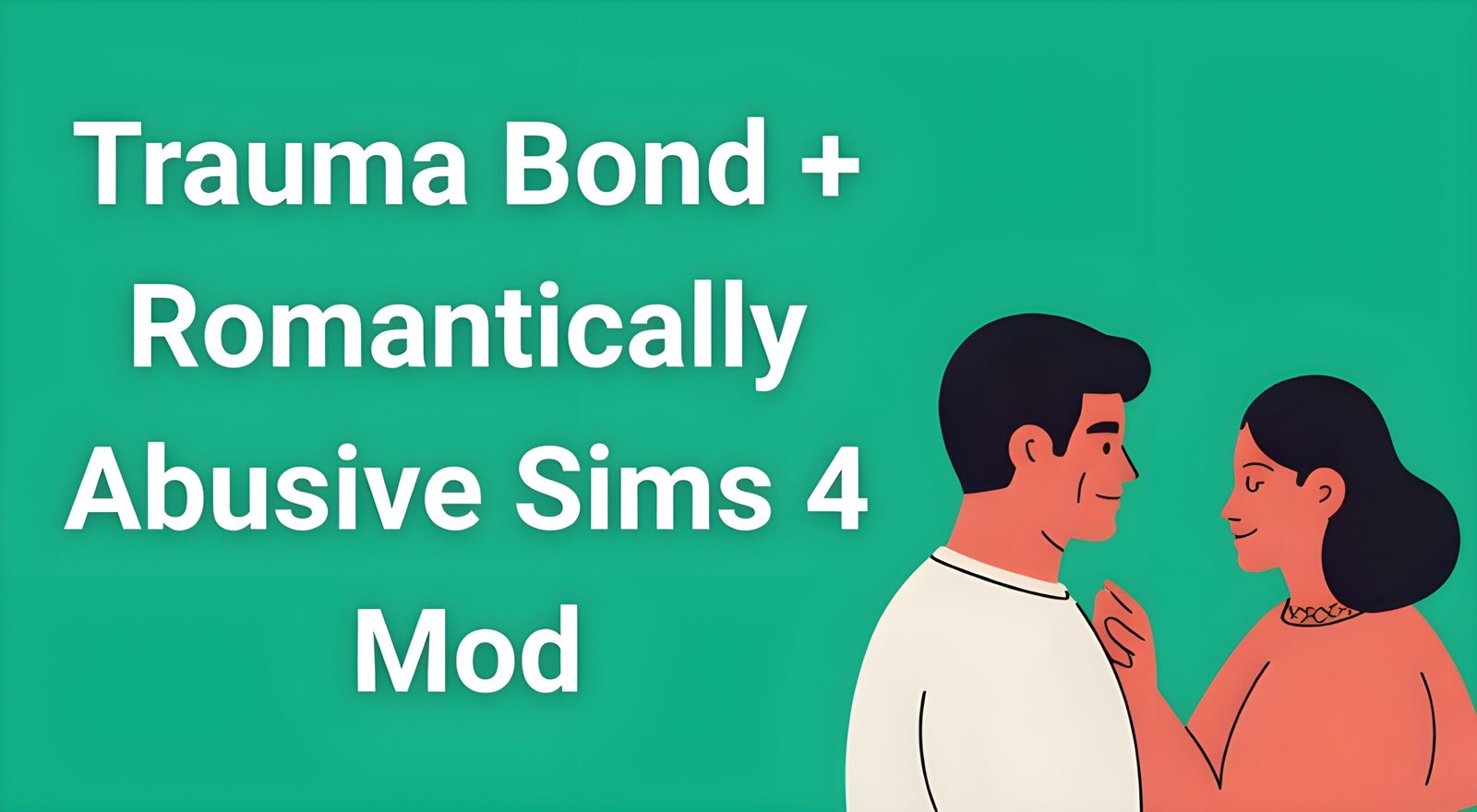You felt it instantly—that earth-shattering, soul-deep recognition when you first locked eyes. The connection was so intense, so overwhelming, that you knew this had to be your twin flame. But months later, you’re walking on eggshells, questioning your reality, and wondering why a “divine connection” feels so much like emotional torture.
- The Dangerous Twin Flame Trauma Bond Confusion
- 7 Warning Signs Your Twin Flame Trauma Bond Is Actually Abuse
- Twin Flame vs Trauma Bond: The Critical Differences
- The Neuroscience Behind Twin Flame Trauma Bonds
- Breaking Free: Your Path to Real Healing
- Red Flags in Twin Flame Communities
- Your Intuition Knows the Truth
- The Courage to Choose Yourself
- Frequently Asked Questions
- Conclusion: Your Freedom Starts Now
Here’s the truth that nobody in the twin flame community wants to admit: what you think is a twin flame trauma bond might actually be psychological abuse disguised as spiritual awakening. The line between transcendent love and toxic attachment has become dangerously blurred, leaving thousands of people trapped in cycles of pain while believing they’re on a sacred journey.
The Dangerous Twin Flame Trauma Bond Confusion
The twin flame concept has exploded across social media, promising that your most intense, painful relationships are actually cosmic love stories. But when spiritual terminology gets used to rationalize abusive behavior, we have a serious problem.
A genuine spiritual connection should elevate you, not destroy you. Real twin flame experiences—if they exist—don’t involve constant emotional warfare, manipulation, or cycles of love-bombing followed by cruel abandonment.
The harsh reality? Many people experiencing what they call a “twin flame trauma bond” are actually victims of narcissistic abuse who’ve been sold a beautiful lie about their suffering being somehow sacred.
Let’s examine the seven critical signs that your “twin flame” connection is actually a trauma bond that’s harming your mental health.
7 Warning Signs Your Twin Flame Trauma Bond Is Actually Abuse
1. Your “Divine Feminine/Masculine” Dynamic Involves Control and Submission
What it looks like in trauma bonds: Your partner uses spiritual language to justify controlling behaviors. They position themselves as the “awakened” one who needs to guide your spiritual journey, making all major decisions while you become increasingly dependent.
What healthy spiritual connections actually involve: Mutual respect, balanced power dynamics, and both partners supporting each other’s individual growth without dominance or control.
The twin flame trauma bond trap: You’re told that the “divine masculine” energy naturally leads while the “divine feminine” surrenders. This spiritual bypassing allows emotional abusers to normalize controlling behavior as part of your “spiritual journey.”
If your partner uses twin flame language to justify why you should always defer to their judgment, trust their “higher perspective,” or accept their controlling behavior as spiritual guidance, you’re not in a divine union—you’re being manipulated.
2. The “Runner and Chaser” Dynamic Never Ends
The pattern: Your “twin flame” repeatedly disappears, leaving you desperately trying to reconnect and prove your worthiness. When they return, they blame their absence on “needing space to grow” or “fear of the connection’s intensity.”
Why this is trauma bonding: The intermittent reinforcement—unpredictable periods of connection followed by abandonment—creates the same neurochemical addiction patterns seen in gambling and substance abuse. Your brain becomes dependent on those brief moments of reconnection.
In healthy relationships: Both partners work through difficulties together. They don’t use spiritual concepts to justify emotional unavailability or repeatedly abandoning their partner.
The twin flame trauma bond keeps you hooked through this cycle of hope and despair. Each time they return, your relief is so intense that you forget the pain they caused—until they leave again.
3. Your “Spiritual Awakening” Includes Losing Your Identity
Warning signs: Since meeting your “twin flame,” you’ve changed everything about yourself to match their preferences. Your hobbies, friends, career goals, and even core values have shifted to align with theirs.
The manipulation: They frame your identity loss as “spiritual growth” or “releasing your ego.” Any resistance to changing yourself is labeled as being “triggered” or “not ready for ascension.”
Twin flame trauma bond reality: Abusers systematically isolate victims from their support systems and erode their sense of self. Using spiritual language doesn’t change the fact that healthy relationships should enhance who you are, not erase you.
If you can barely recognize yourself since this relationship began, and this change is being framed as spiritual progress, you’re likely experiencing psychological abuse disguised as enlightenment.
4. Every Conflict Becomes About Your “Triggers” and “Shadows”
The pattern: When your partner hurts you, the focus immediately shifts to your reaction rather than their behavior. They claim they’re “mirroring your shadows” or “helping you heal your triggers.”
How this enables abuse: Your legitimate concerns about their behavior get dismissed as your own psychological problems. You end up apologizing for being hurt by their harmful actions.
The twin flame trauma bond twist: Instead of accountability, everything becomes a “lesson.” Your partner never has to change their behavior because they’ve convinced you that your pain is just your own unhealed trauma being reflected back at you.
In genuinely healthy relationships, both partners take responsibility for their actions. They don’t use spiritual concepts to avoid accountability or gaslight their partner into believing all relationship problems are their fault.
5. Your “Connection” Thrives on Drama and Intensity
What you’re experiencing: The relationship feels most “real” during fights, breakups, and dramatic reconciliations. The calm periods feel boring or disconnected compared to the intense emotional highs and lows.
Why this signals trauma bonding: Your nervous system has become addicted to crisis. The stress hormones released during conflict followed by relief during reconciliation create a powerful biochemical bond that feels like love but is actually physiological addiction.
Twin flame trauma bond justification: You’re told that the intensity proves how “deep” your connection is, or that you’re “burning karma” together. The more painful it is, the more spiritual growth is supposedly happening.
The truth: Healthy love feels peaceful most of the time. While all relationships have challenges, they shouldn’t require constant emotional crisis to feel connected or authentic.
6. You’re Isolated from Reality Checks
The isolation process: Your “twin flame” discourages relationships with people who question your connection. Friends and family who express concerns are labeled as “not spiritually evolved” or “jealous of your divine love.”
Information control: You’re steered away from therapy, psychology resources, or any information that might offer alternative perspectives on your relationship dynamics.
Twin flame trauma bond community reinforcement: Online groups and coaches reinforce that anyone questioning your connection doesn’t understand spiritual love, keeping you trapped in an echo chamber that validates the abuse.
The result: You lose access to objective perspectives and support systems that could help you recognize unhealthy patterns.
When your “spiritual journey” requires cutting off people who care about your wellbeing, you’re not ascending—you’re being isolated.
7. Your Mental Health Has Dramatically Declined
Physical symptoms: Since this relationship began, you’ve experienced anxiety, depression, insomnia, panic attacks, or other stress-related health issues that weren’t present before.
Emotional symptoms: You feel constantly on edge, struggle with self-doubt, have difficulty concentrating, or experience mood swings tied to your partner’s behavior.
The spiritual bypass: These symptoms get reframed as “ascension symptoms,” “kundalini awakening,” or “dark night of the soul” instead of being recognized as trauma responses.
Twin flame trauma bond reality: Genuine spiritual growth might involve temporary discomfort, but it shouldn’t destroy your mental health. If your “spiritual journey” is making you physically and emotionally sick, something is fundamentally wrong.
Twin Flame vs Trauma Bond: The Critical Differences
Understanding the distinction between authentic spiritual connection and psychological trauma bonding could save your sanity—and possibly your life.
Authentic Spiritual Connections Promote Growth
Real spiritual partnerships: Both people become better versions of themselves. They maintain their individual identities while supporting each other’s authentic growth.
Twin flame trauma bonds: One person dominates while the other diminishes. Growth means conforming to the dominant partner’s vision rather than authentic self-development.
Healthy Relationships Build You Up
Genuine love: Makes you feel more confident, supported, and capable of facing life’s challenges.
Trauma bonding: Leaves you feeling dependent, confused, and unable to trust your own judgment.
True Spiritual Work Involves Mutual Accountability
Authentic growth: Both partners examine their behavior and work to improve how they treat each other.
Spiritual bypassing: One partner uses spiritual concepts to avoid taking responsibility for harmful behavior.
The Neuroscience Behind Twin Flame Trauma Bonds
Your brain doesn’t distinguish between spiritual awakening and psychological abuse—it only responds to patterns of stress and relief. The cycle of intensity, abandonment, and reconnection that characterizes many “twin flame” relationships creates the same neurochemical changes seen in addiction.
Dopamine addiction: The unpredictable nature of your partner’s attention creates a dopamine feedback loop. Your brain craves the next “hit” of connection, making it nearly impossible to leave despite the pain.
Cortisol damage: Chronic stress from the relationship’s instability floods your system with cortisol, impairing your ability to think clearly and make healthy decisions.
Oxytocin bonding: The hormone released during physical and emotional intimacy creates powerful attachment bonds—even to people who hurt us.
This biochemical reality explains why willpower alone isn’t enough to break free from a twin flame trauma bond. Your brain literally believes you need this person to survive, even when they’re destroying your wellbeing.
Breaking Free: Your Path to Real Healing
If you’ve recognized yourself in these patterns, please know that acknowledging the truth takes tremendous courage. Many people stay trapped in twin flame trauma bonds because facing reality feels too overwhelming.
Immediate Steps for Safety
Create distance: Even if you can’t leave permanently right now, create as much physical and emotional space as possible.
Reconnect with support: Reach out to friends, family members, or professionals who can offer objective perspectives on your situation.
Document reality: Keep a journal of incidents without spiritual interpretation. Write down what actually happened, not what it “meant” spiritually.
Professional Resources That Actually Help
Trauma-informed therapy: Work with professionals who understand both spiritual seeking and psychological abuse patterns.
Narcissistic abuse support groups: Connect with others who’ve experienced similar manipulation tactics, regardless of whether spiritual language was involved.
Specialized assessments: Sometimes you need an expert analysis of your specific situation to cut through the confusion and gain clarity about what you’re actually experiencing.
For those seeking deeper understanding of their situation, a comprehensive analysis from a specialist who understands both narcissistic abuse patterns and spiritual manipulation can provide the clarity needed to make informed decisions about your future.
Rewiring Your Brain for Healthy Love
Nervous system regulation: Learn techniques to calm your stress response and reduce anxiety without needing your partner’s attention.
Identity recovery: Gradually reconnect with who you were before this relationship changed you.
Boundary development: Practice saying no to demands and requests that don’t feel right, regardless of how they’re framed spiritually.
Breaking free from a twin flame trauma bond requires more than just leaving—it requires rewiring the neurological patterns that kept you trapped. This process takes time, support, and often professional guidance.
Many survivors find that structured recovery programs specifically designed for trauma bonding provide the day-by-day support needed to break free permanently. These programs address the addiction-like nature of trauma bonds with practical tools rather than relying on willpower alone.
Red Flags in Twin Flame Communities
Be especially cautious of twin flame coaches, communities, or resources that:
- Discourage therapy or professional mental health support
- Claim that leaving your “twin flame” will block your spiritual growth
- Minimize or spiritualize abusive behaviors
- Pressure you to stay in harmful relationships for “karmic clearing”
- Charge excessive money for “removing blocks” to union
Authentic spiritual teachers encourage your autonomy, support your wellbeing, and never pressure you to stay in relationships that harm you.
Your Intuition Knows the Truth
Deep down, you already know whether your relationship feels like love or like addiction. The confusion comes from trying to reconcile what you feel with what you’ve been told you should feel.
Love feels: Safe, supportive, energizing, peaceful, respectful, growth-promoting
Trauma bonding feels: Addictive, chaotic, draining, anxious, obsessive, diminishing
Trust your body’s wisdom. If this relationship makes you feel sick, anxious, or constantly on edge, those aren’t ascension symptoms—they’re your intuition trying to protect you.
The Courage to Choose Yourself
Walking away from a twin flame trauma bond requires extraordinary courage because it means letting go of a beautiful story about your suffering having cosmic meaning. It means accepting that your pain was just pain, not a sacred journey.
But here’s what you gain: your sanity, your identity, your peace of mind, and the possibility of experiencing genuine love that doesn’t require you to suffer for it.
You deserve a love that makes you feel safe, respected, and truly cherished. You deserve relationships that enhance who you are rather than requiring you to become someone else. You deserve partners who take responsibility for their behavior instead of blaming everything on your “triggers.”
Frequently Asked Questions
Q: Can a real twin flame relationship involve trauma bonding elements?
A: While intense spiritual connections might involve some challenging growth, they should never include abuse, manipulation, or systematic harm to your mental health. If your relationship involves cycles of abuse followed by reconciliation, you’re dealing with trauma bonding, not spiritual partnership.
Q: How can I tell if my twin flame journey is real or if I’m being manipulated?
A: Genuine spiritual connections promote your wellbeing, autonomy, and authentic growth. If your “journey” requires you to accept harmful treatment, lose your identity, or cut off supportive relationships, you’re being manipulated regardless of the spiritual language involved.
Q: What should I do if I can’t leave my twin flame relationship right now?
A: Focus on safety first. Create as much emotional distance as possible, reconnect with support systems, document reality without spiritual interpretation, and seek professional guidance when you can do so safely.
Q: Is it possible to heal a twin flame trauma bond relationship?
A: Trauma bonds can only be healed if both people recognize the unhealthy patterns and commit to change. If only one person is willing to address the toxicity while the other continues using spiritual language to justify harmful behavior, the relationship cannot be healed.
Q: How long does it take to recover from a twin flame trauma bond?
A: Recovery time varies depending on the relationship’s duration, intensity, and your support system. Most people begin feeling significant relief within the first few weeks of no contact, with deeper healing continuing over months to years with proper support.
Conclusion: Your Freedom Starts Now
The twin flame trauma bond phenomenon has trapped countless people in cycles of abuse disguised as spiritual awakening. By learning to distinguish between authentic spiritual connection and psychological manipulation, you can protect yourself from relationships that promise transcendence but deliver trauma.
Remember: no spiritual journey worth taking requires you to accept abuse, lose yourself, or sacrifice your wellbeing. Real love—whether cosmic, karmic, or simply human—should make your life better, not worse.
If you’ve recognized yourself in these patterns, please know that acknowledging the truth is the first step toward freedom. You have the strength to choose healing over suffering, reality over fantasy, and genuine love over trauma bonding.
Your authentic spiritual journey begins when you choose to value yourself enough to walk away from anyone who treats you as less than the whole, worthy person you are.
The cage door is open. You just have to be brave enough to walk through it.






